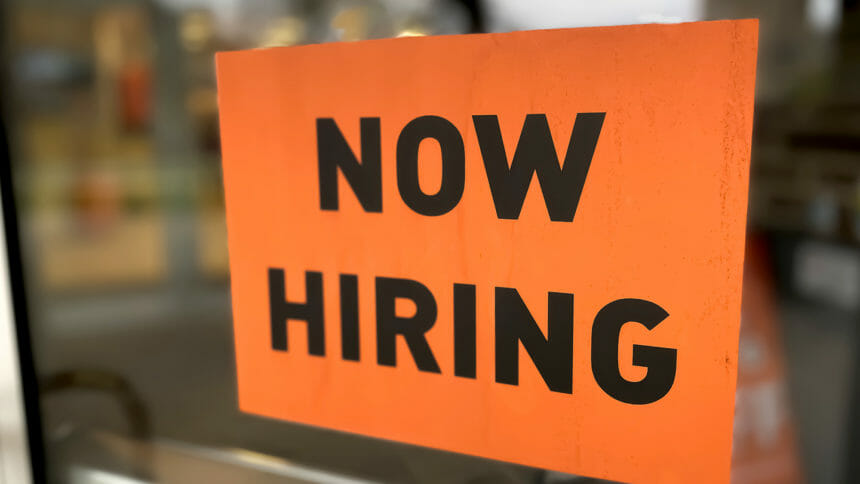
A recent federal appeals court ruling could result in more discrimination lawsuits filed by US citizens against companies that hire holders of temporary visas, according to one attorney.
In Rajaram v. Meta Platforms, Inc., a naturalized US citizen claimed that he was denied employment by Meta “because it prefers to hire noncitizens holding H1B visas to whom it can pay lower wages,” according to court documents. Meta owns Facebook, Instagram and WhatsApp.
After a lower court in California sided with the employer, the 9th Circuit Court of Appeals took up the case. The court determined that Section 1981 of Title 42 of the US Code, originally meant to give Black people a right to enter contracts that is equal to the right held by white people, applies here to all American citizens.
“Section 1981 ensures the right of ‘all persons’ to, among other things, sue to obtain the same rights as white citizens. The key question for the appeals panel was whether that provision also covers discrimination against US citizens,” Bloomberg Law reported.
The majority of the three-judge panel said that the provision does cover discrimination against all US citizens and, therefore, that it is unlawful for an employer to hire a noncitizen over a citizen solely to save money.
The panel’s decision, however, “directly conflicts with a prior federal appellate decision, which had concluded that the statute does not protect citizens from citizenship discrimination,” according to Reavis Page Jump attorney Gregory Feit, who added that “the resulting circuit-split on the issue could lead to ultimate review by the US Supreme Court.”
Until that happens, Feit said, “the decision could lead to an increase in the number of discrimination lawsuits filed by US citizens against companies that hire temporary visa holders.”


